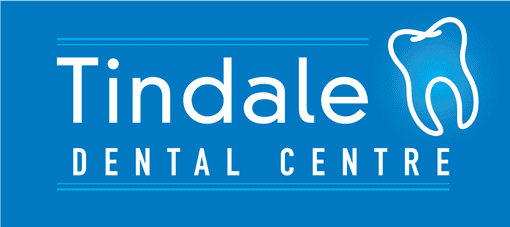
Mouth breathing may seem harmless, especially if it only happens during the night or when you have a cold. But if it becomes a habit, it can lead to ongoing dental issues. In this blog, we explain what causes breathing with your mouth, how it affects your teeth and gums, and how your dentist can help. If you or your child regularly breathe through your mouth instead of your nose, it’s worth understanding the impact and exploring supportive solutions.
Why does breathing through your mouth solely happen, and what causes it?
Common causes of mouth breathing
Mouth breathing often starts when the nose becomes blocked. This might happen because of allergies, sinus infections, a deviated septum, or enlarged tonsils. Some people also develop this habit in childhood and continue it without realising. In many cases, the body chooses the easiest way to get air in.
What happens when the mouth stays open
Over time, this pattern can settle in and cause problems. When the mouth stays open for long periods, it dries out. That lack of moisture can lead to bad breath, tooth decay, and an increased risk of gum disease. Your Penrith family dental team at Tindale Dental Centre can help identify these issues and offer guidance on what steps to take next.
How mouth breathing affects teeth and facial development
Changes in growing children
Mouth breathing affects more than just comfort. It also changes how the teeth and jaw develop, especially in children. Kids who breath through their mouths during growth may create a long, narrow face or misaligned bite. This happens because the tongue doesn’t rest in the correct position, which affects how the upper jaw forms.
Ongoing issues in adults
In adults, ongoing mouth breathing can still cause damage. The constant airflow dries out protective saliva and leads to enamel erosion. Over time, this creates more cavities and sensitive teeth. A Penrith dental professional at Tindale may monitor these changes and suggest early treatment to prevent long-term damage.
When to get help for this common habit
Signs it may be time to see a dentist
Sometimes it can be hard to know when breathing through your mouth has become a problem. Here are some signs to look for:
- Dry mouth in the morning.
- Cracked lips or sore throat.
- Snoring or restless sleep.
- Crooked teeth in a growing child.
- Frequent bad breath despite brushing.
What our Tindale dental team can do
If you notice any of these issues, it’s time to speak to a dentist. They may suggest a dental exam, imaging, or a referral for airway assessment. They will also check how your breathing is affecting your gums and enamel.
Support your long-term oral health with proper care
Mouth breathing may seem like a small habit, but it can affect your comfort, sleep, and dental health over time. The Penrith family dental team at Tindale will take the time to understand your worries and give you personalised care. If you or your child show signs of mouth breathing, book an appointment today with a trusted Penrith dental provider. Early intervention makes all the difference.
